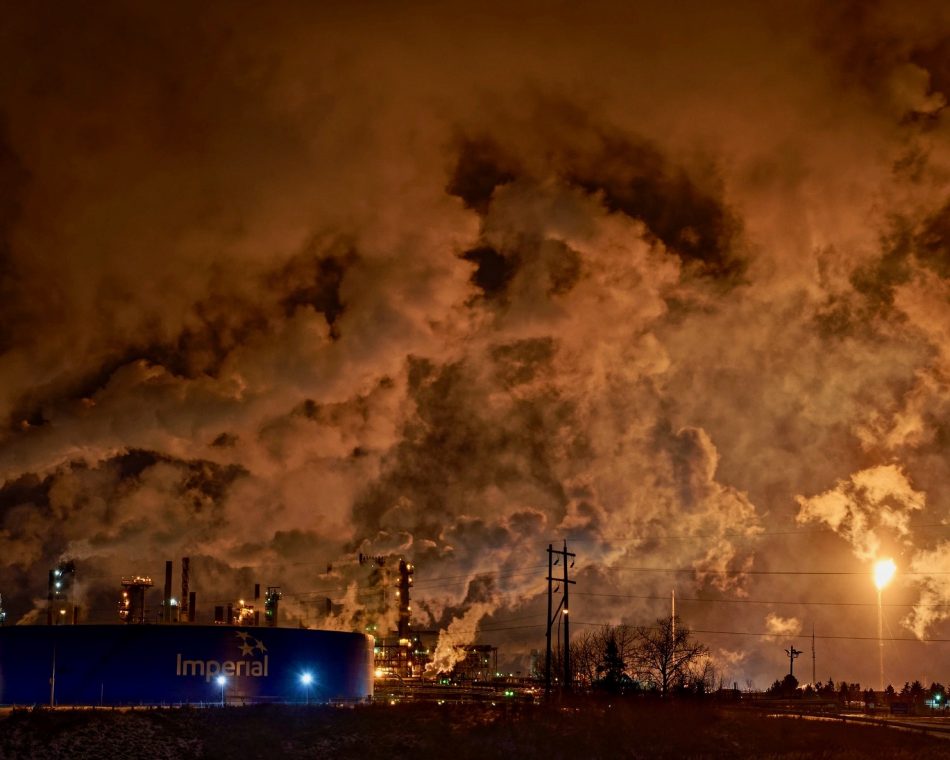PARIS (AN) — The International Energy Agency advised governments on Tuesday that limiting global temperature rise to 1.5 degrees Celsius will require an immediate and massive transformation of all energy systems.
A 224-page special report from the Paris-based intergovernmental organization found nations still have a "viable" yet increasingly "narrow" path to achieve net-zero carbon emissions by 2050, which is considered essential to keep the planet inhabitable.









